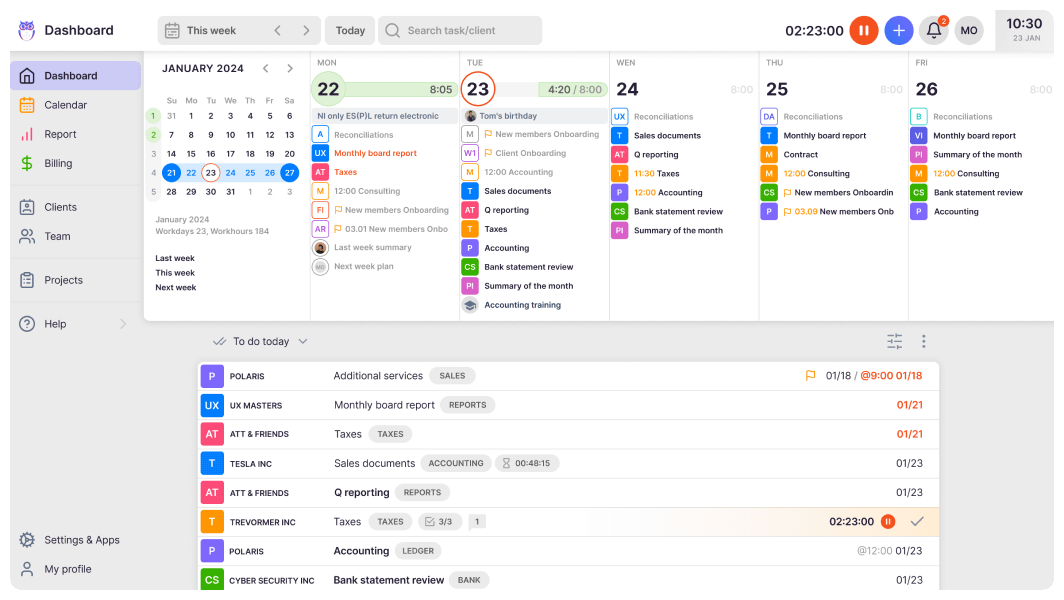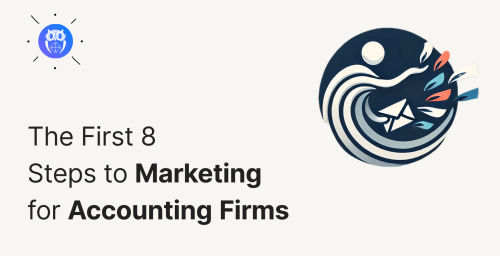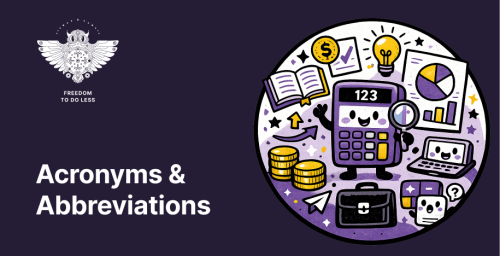One of the hardest challenges of time tracking is remembering to note when to ‘set the timer.’ How can I develop the time tracking habit?
Post summary:
- 4 reasons why time-tracking is critical for your business
- 5 easy ways to build good time-tracking habits
Throughout the day, there is always too much to do, from locating that work task, calling a client, or remembering to file documentation.
Through all your client task-work, you’re supposed to be tracking how much work you are doing for them. Otherwise, if you are on hourly billing, how much do you charge?
From freelancers, sole traders, bookkeepers to accountancy practice managers, how do you get an overview of how long tasks take?
Where can you improve efficiency amongst you or your team?
Patterns show up fastest in recurring work — say online mathematics tutoring, executive-coaching cohorts, or CPD workshops — because every session maps to repeatable tasks.
If this is not bad enough, you end up with a headache attempting to complete your timesheet, wondering what did you get done?
Moreover, the amount of work you thought you did was incorrectly inputted.
Why time-tracking is critical for your business
1. Unable to grow your business unless you have a clear overview
Let’s face it. Growing your business is hard. It takes considerable effort.
Time-tracking is a prime indicator of how long it takes you or your team to complete tasks.
Each task has a billable hourly value. If you are not tracking how long it takes to complete the job, then how can you correctly tell your clients how long and how much you will invoice them for?
Having a clear overview provides you with invaluable knowledge whether you need to hire extra personnel for your team, or whether you can encourage others to work more productively.
2. By tracking your time, you can earn more profit
Every business needs revenue. Without it, you cannot survive.
Unless your business adopts value based-pricing, you will mostly bill on an hourly rate.
That means it is imperative that you have every minute, every hour tracked. Otherwise, you are missing out on invaluable revenue.
Missing revenue = missing profit.
3. You better manage you and your team’s work
Time-tracking is useful to track who is doing which task, on which project, and how long it takes that individual to complete it.
Additionally, several tasks are more labour intensive than others.
When managing your team, you can better determine which task will take longer than others.
Thus, you can assign them to people who are either more productive in completing a job or those who have more available time to take more tasks on.
4. Knowing how many hours you work highlights how productive you are
Knowing who does which tasks in what time is a great way to identify who is more productive within your team.
This does not mean that others are slacking, but maybe they need extra support or training to complete tasks.
Time-tracking is one indicator that you can review an individual’s productivity.
How to get yourself into good time-tracking habits
Instead of striving to remember each time, it’s best to get into good habits and place your time-tracking on autopilot.
1. Set your intentions
To begin the process of creating any habit is to determine why do you need to make the habit in the first place.
For billing, the reason is obvious – it’s crucial to check how many hours you are doing so know how much to charge clients.
For task management, you need to know how long it takes you to complete tasks. Doing so means you can provide more precise levels of expectations to your clients.
But how do you convince yourself to make this habitual?
Ask yourself:
“Why do I need to get in the habit of tracking all my hours.”
“Why is it critical to prepare an accurate report for my clients?”
And:
“Why will doing this boost my client trust and profitability?”
Your answers should be like:
“That you can work in a transparent environment with your clients, and being able to reduce stress yet remain profitable.”
2. Define your parameters
Figure out what you must do each time you perform a time-tracking habit.
When you begin a task, do you switch on your timer?
Or is it when you begin a project?
Will you pause the timer if you take a quick 5-minute break or a colleague or dog distract you from your work?
Making habits is about remembering when to do something and when to stop.
Define what your habit should entail, and then you can move on to rewarding yourself once you complete the habit.
Tip: Consider Uku’s dashboard as the starting point for each task. That way you will never forget to start the timer and every second spent to complete the task is tracked (yes, even logging in’s).
3. Reward yourself
Until what you do becomes habitual, it’s vital to do a physical activity that rewards the brain.
Once you have begun the timer, treat yourself to a square of chocolate or take a sip of your cup of tea.
When you finish the task, pause the timer and then get up and walk around to stretch the legs. Moving away from the desk will remind you not to keep the timer on.
By having different ‘rewards’ that ‘bookend’ your task, will make it easier to remember to track your time.
4. Setting the right environment
Ensure that you have the right environment that will help you develop your time-tracking habit.
When you design the right environment for your desired habit, the environment, and the habit will become associated.
Designing the right environment does not have to be complicated.
It could be from putting music on your headphones, opening a window, sitting at your desk and adjusting your chair. It could even be opening up your time-tracking software to begin your day.
All these mini-habits are part of your environment. Setting yourself up to associate them with work-related tasks, like time-tracking, will help form good habits.
5. Don’t overcomplicate things
Most time-tracking software requires starting and stopping when you open or leave a project.
If you are working on several clients at once, it is inevitable that despite your best habits, you will forget to switch the timer on or off.
Uku’s time-tracking buttons are on every task without having to leave the project. By using Uku, it is not only easier to track your time; it is even easier to stop/start.
Plus, with Mini-Uku, he will watch you take your tasks to all off-site online websites, and if Uku is watching you, no time will be tracked (so you don’t overbill clients).
If your clock is ticking, then you will see numbers that will become billable at the project’s conclusion.
Final thoughts
The last part of building good habits is holding yourself accountable – did you do what you set out to do? To remember to begin time-tracking?
Fortunately, with the habit of “tracking your time,” this part comes free for Uku users.
The habit tracks itself.
Try Uku for your accountancy practice management. As soon as you begin using it, you’ll get a more precise overview of work hours and numbers.


















